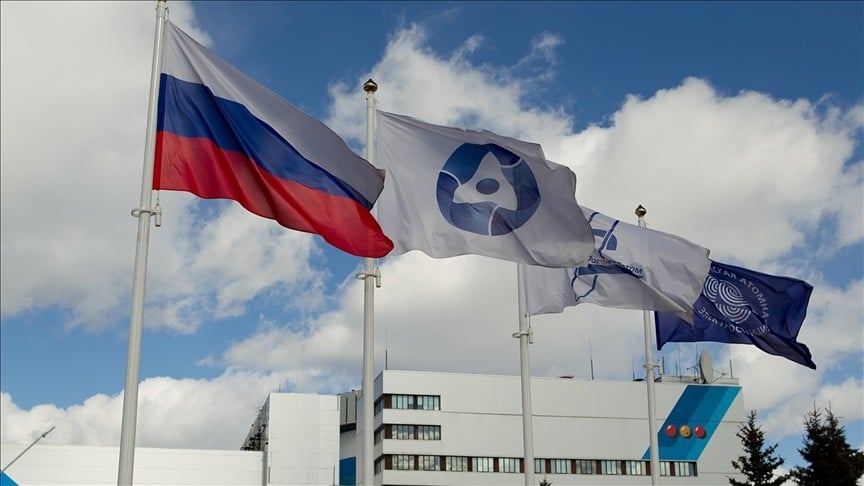 |
| Russian nuclear giant announces uranium mega-project, what is Rosatom planning in Africa? (Source: aa.com) |
Russian State Nuclear Energy Corporation Rosatom plans to produce about 3,000 tons of uranium by 2029, creating many jobs in Southeast Africa.
Rosatom has just announced plans to start mining uranium in Namibia in 2029. "We plan to complete exploration work in 2026 and start mining uranium in 2029 with a mining period of more than 25 years," a Rosatom representative told the media.
Rosatom will use Headspring Investments - an entity that has a uranium mining component and is holding Uranium One Group - to start the exploration process in Namibia - which "owns" up to 7% of the world's uranium reserves.
The Russian state-owned company said its plans in Namibia would create a lot of jobs in the south-west African region, as it would directly employ around 600 people. Rosatom's plans are also expected to boost the African country's GDP by around 1-2% per year.
Furthermore, Rosatom representatives announced that they will start pilot mining and processing of this precious element in Tanzania from 2023 to 2025.
In Tanzania, Rosatom is implementing the Mkuju River Project with the Nyota mine - one of the world's largest with 152 million tonnes of ore reserves. The pilot production phase will produce 5 tonnes of yellowcake - a uranium concentrate powder obtained from leach solutions, which is an intermediate step in the processing of uranium ore. The target for the pilot production phase is about 3,000 tonnes of yellowcake per year.
In 2022, the Russian State Nuclear Energy Corporation mined about 7,000 tons of uranium, 4,500 tons of which were produced by Uranium One Group.
Rosatom is also the world’s largest foreign nuclear power plant builder and operator, with a 74% market share in the sector. Thirty-seven percent of nuclear reactors under construction worldwide are being built by Russian companies, as the corporation partners and invests in projects spanning the globe, from Latin America to East Asia.
Rosatom has long been considered the "symbol" of Russia's nuclear energy monopoly, even considered "untouchable" during this period. The Moscow-owned corporation now stands firmly as the market's leading exporter and uranium enrichment company, as well as the most important and experienced partner in the construction and operation of nuclear power plant projects around the world.
Experts say that no matter how tense the West is with Moscow, Rosatom is still "protected" because of its vital role in global nuclear energy and the fact that it cannot be easily replaced. Concrete evidence is that since Moscow launched a special military operation in Ukraine (February 2022), Russian entities and many individuals have been subject to 11 packages of sanctions from the European Union (EU), but the nuclear energy industry and typically Rosatom are still outside the sanctions lists.
In fact, nuclear energy is still a necessary option to ensure the world's increasing energy demand while fossil energy sources are gradually depleted. With the development of nuclear power technology and the increasing demand for clean energy, uranium mining and processing are still being developed in the world with many prospects in the future.
Meanwhile, Rosatom is the main exporter of nuclear fuel on the global market. As of 2021, the United States still relies on Russia’s nuclear monopoly for 14% of the uranium it supplies to its nuclear reactors. Rosatom also provides fuel enrichment services, accounting for 28% of US needs. Nearly all of the fuel used by small modular nuclear reactors in the United States is also Russian.
European countries also buy nearly a fifth of their nuclear fuel needs from Rosatom. The EU has made little progress since abandoning Russia’s nuclear industry, Dorfman said.
Russian companies have built many nuclear plants around the world and in some cases have financed their construction. Recently, in the case of the Akkuyu Nuclear Power Plant project (Türkiye), Rosatom implemented a new form of investment cooperation: full financing and a commitment to operate the plant throughout its entire life cycle.
As of the end of 2021, nearly one-fifth of the world’s nuclear power plants were in or built by Russia. Rosatom is currently building 15 more plants outside Russia, according to Columbia University’s Center on Global Energy Policy.
The "advantage" of nuclear energy makes many countries in the world not only find it difficult to give up soon, but also strongly continue to pursue nuclear power. And in that, the "intertwined dependence" with Russian suppliers is not easy to remove. Experts say that finding new suppliers to replace Rosatom in the global nuclear industry will take many years.
Meanwhile, many countries are still eager to build their first nuclear power plants soon. Especially with the great demand in Africa or Asia... Rosatom is assessed to have more than enough resources to bring about a bright future of energy exports. Therefore, Rosatom will continue to earn a very significant income, along with that, the Kremlin's influence will also be consolidated for many decades to come with a new generation of customers.
Source


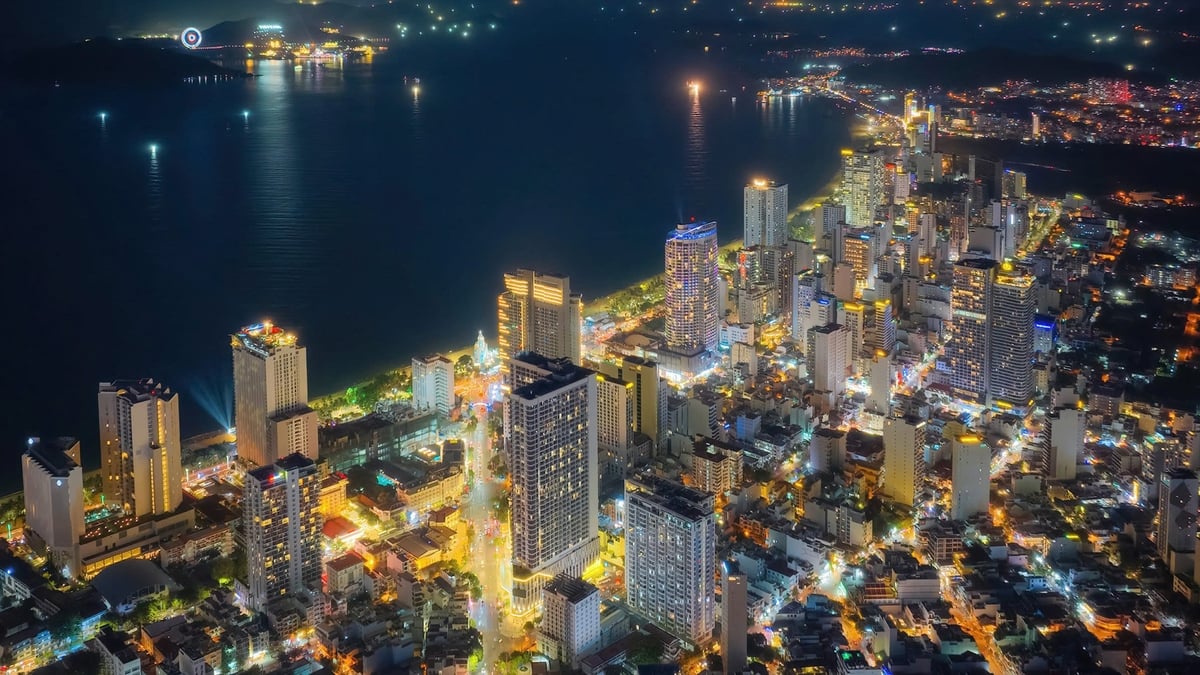
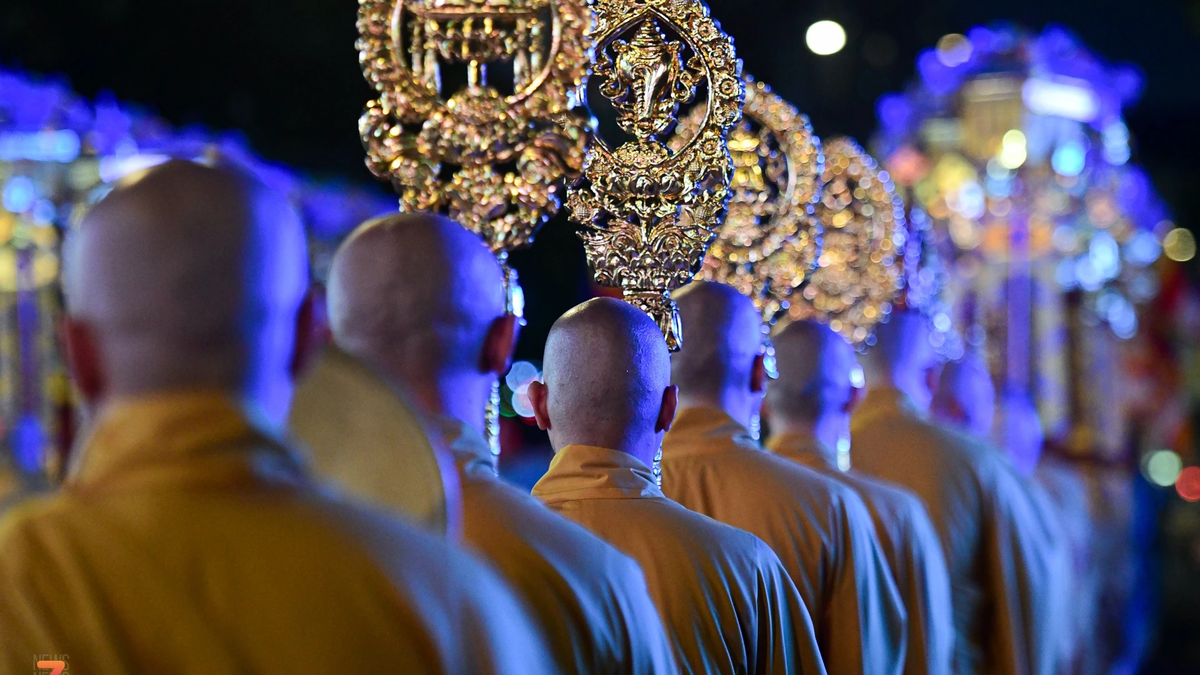
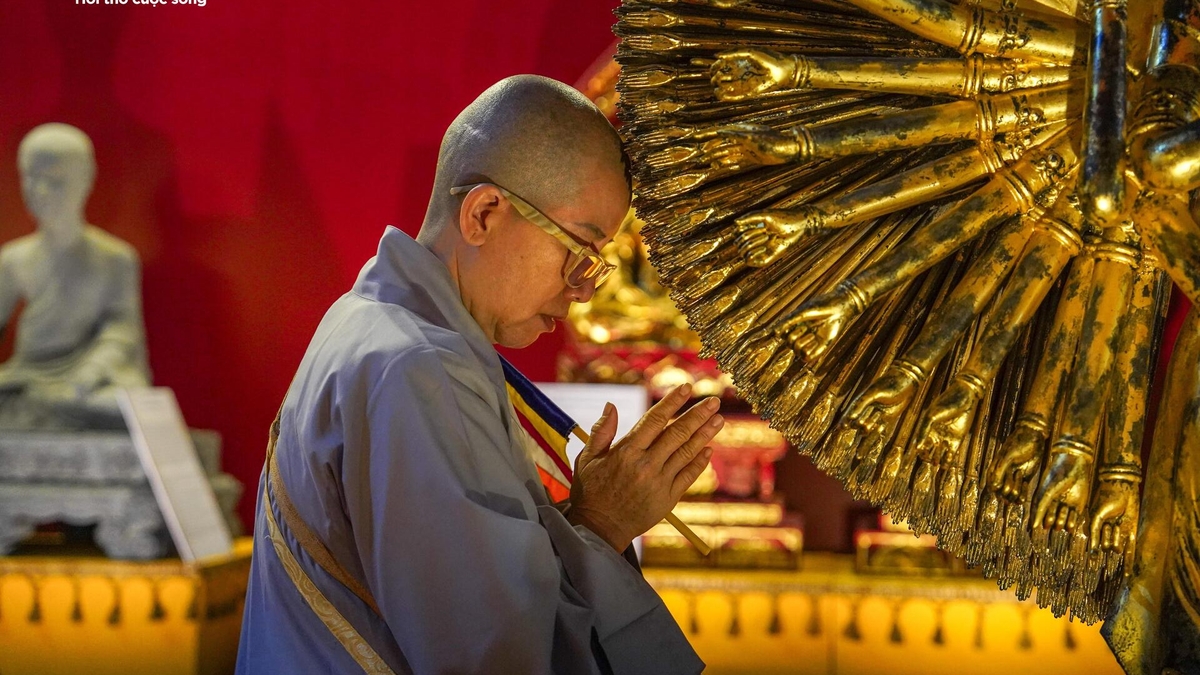
![[Photo] Vietnam and Sri Lanka sign cooperation agreements in many important fields](https://vphoto.vietnam.vn/thumb/1200x675/vietnam/resource/IMAGE/2025/5/5/9d5c9d2cb45e413c91a4b4067947b8c8)

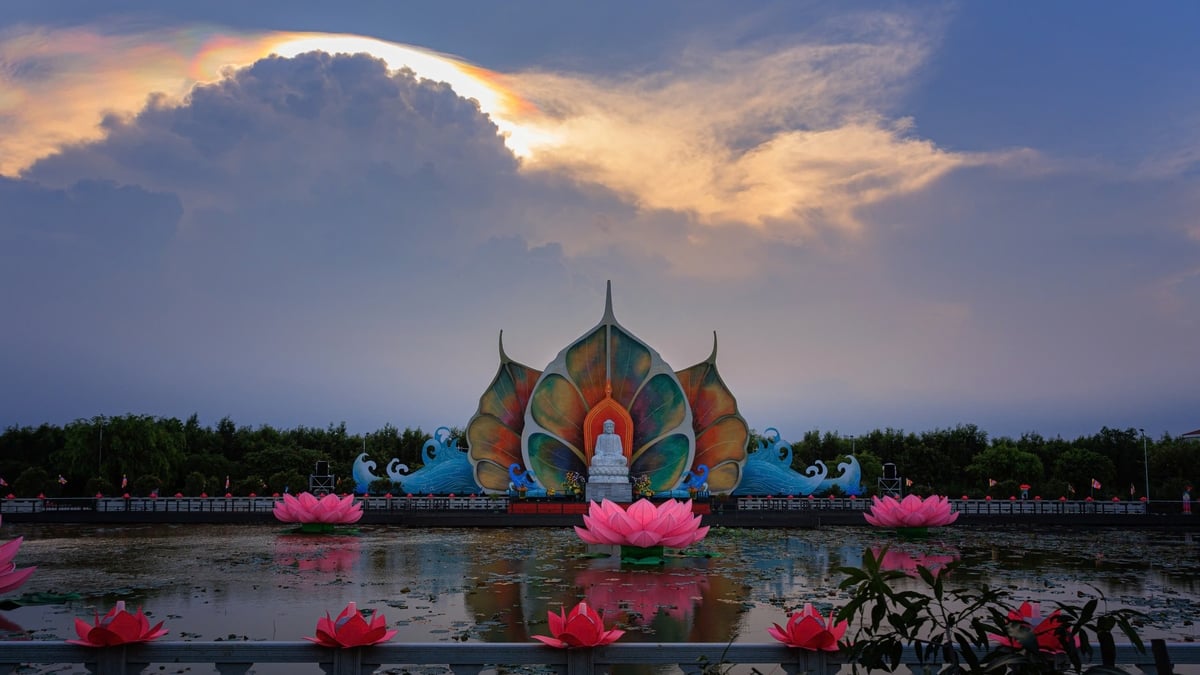
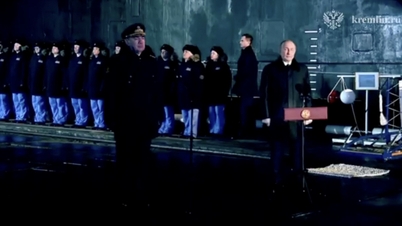

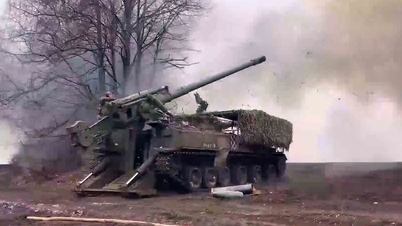


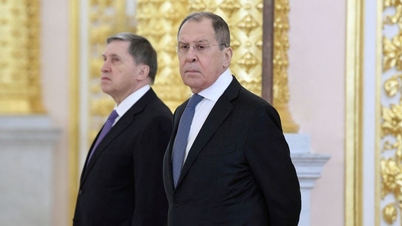












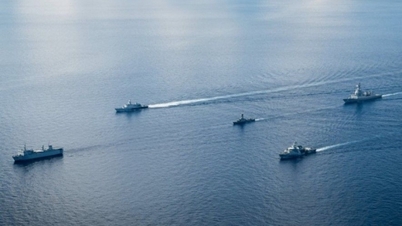


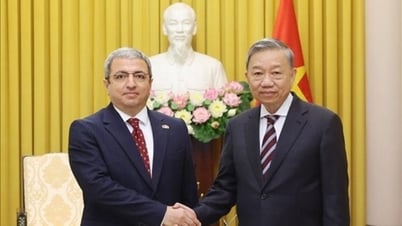











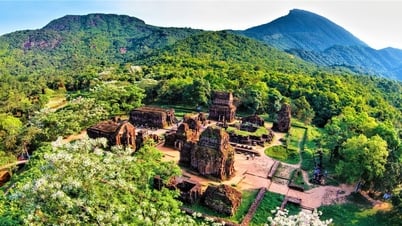

















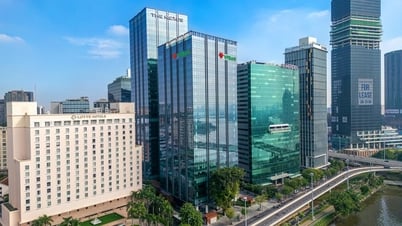

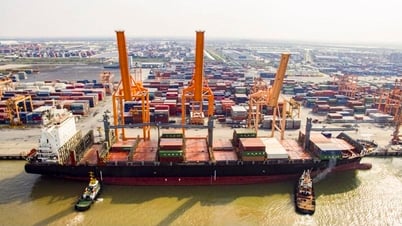









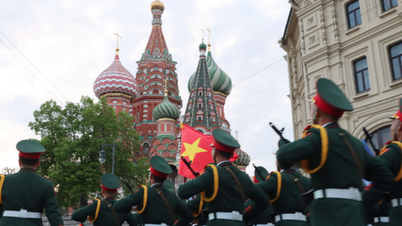

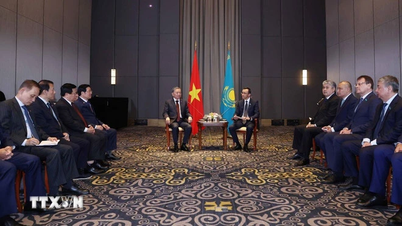
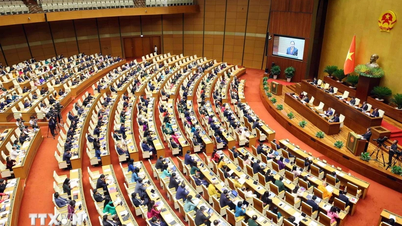




























Comment (0)